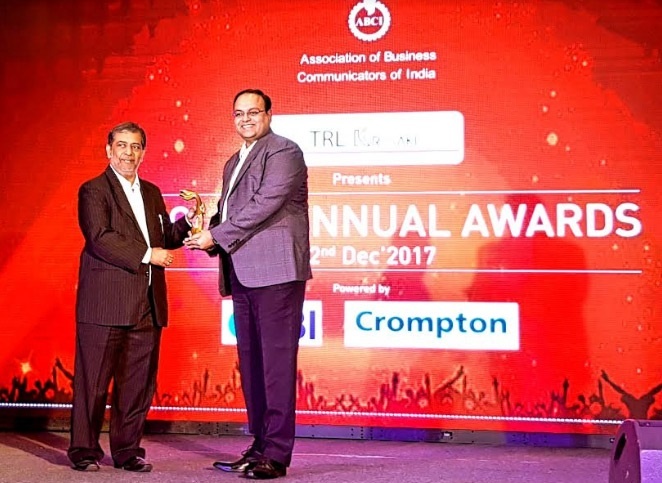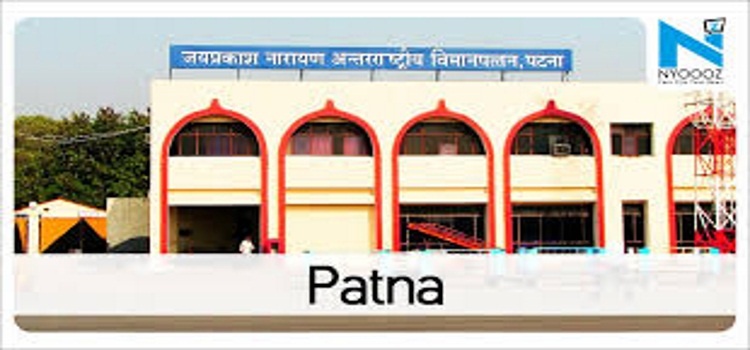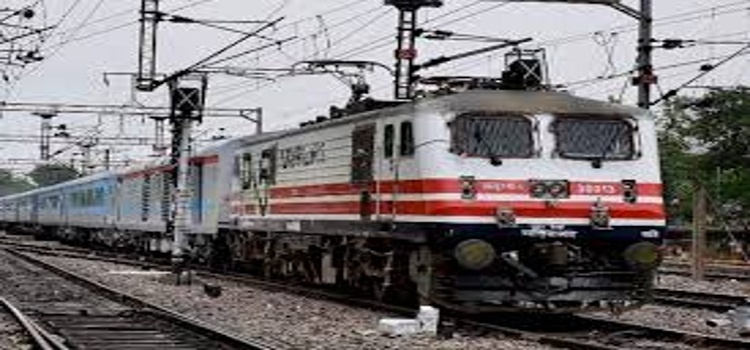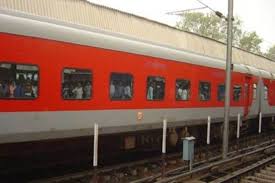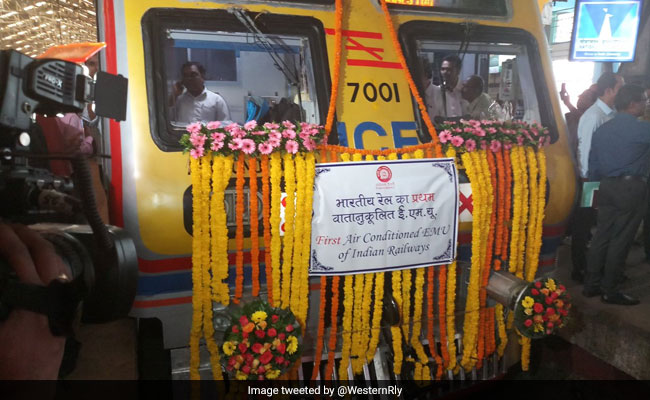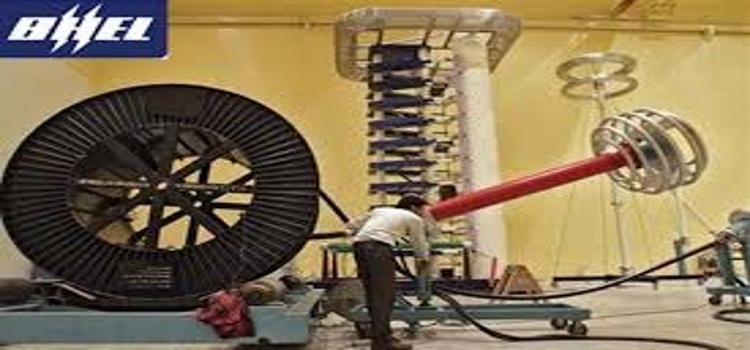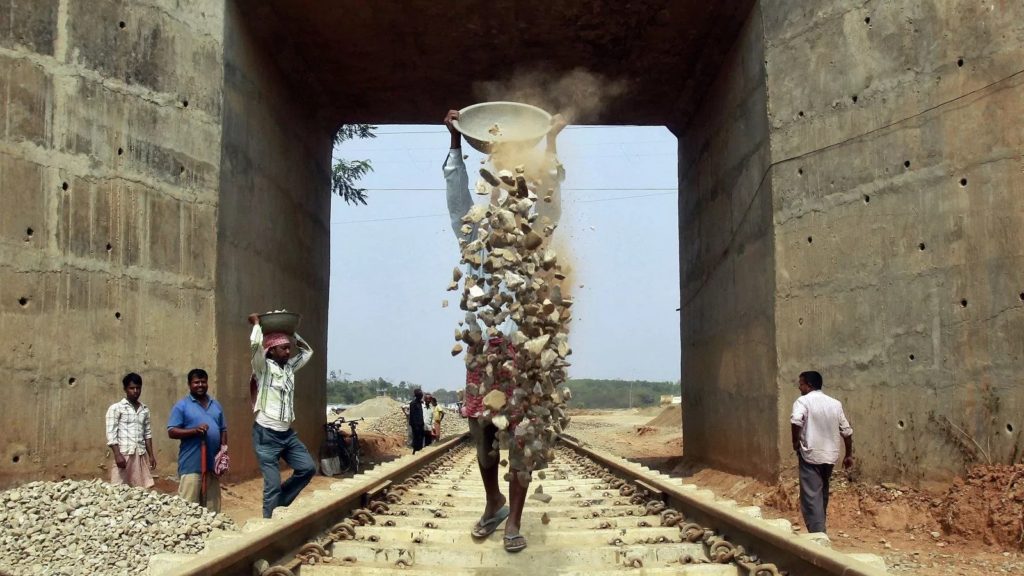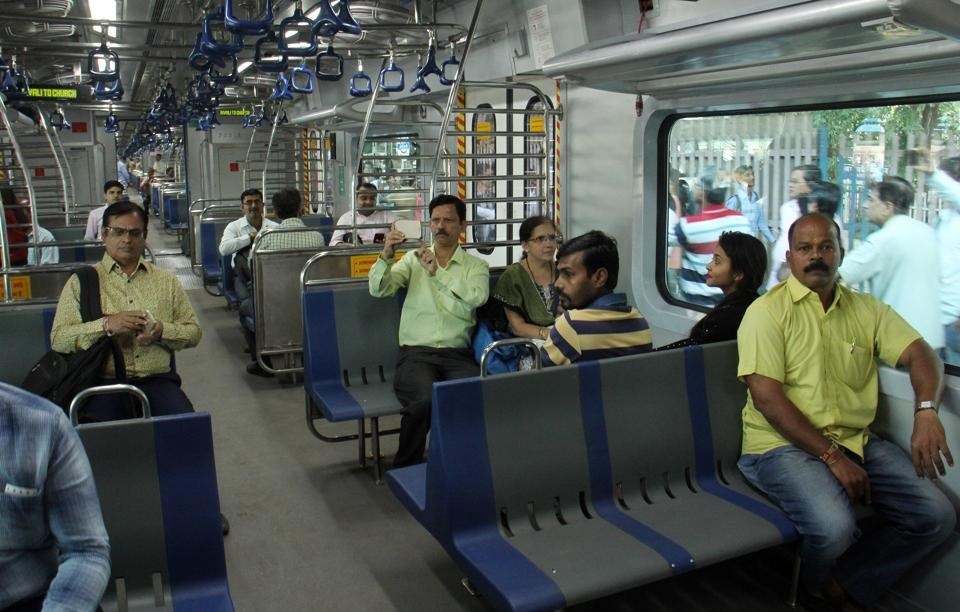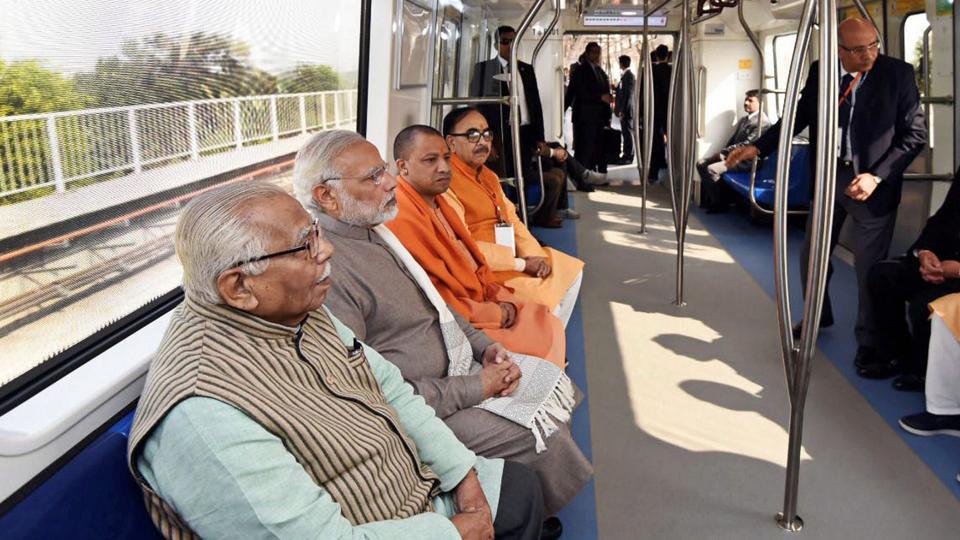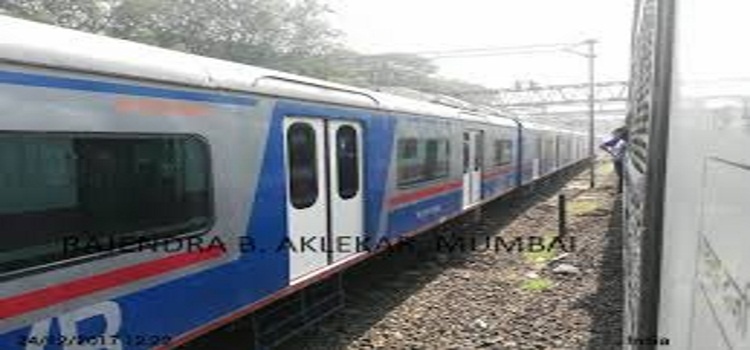
Winter is here, but a train commuter won’t have to fear the fog now. For the first time, the Railways is set to introduce a device that will allow the trains to run at more than 100 km per hour in dense fog without compromising on safety.
Trials of the device, named ‘Trinetra’ (third eye), have been completed and authorities have got the nod for installing it in passenger trains.
The device uses infra-red and laser rays to detect any object on tracks up to a distance of 2 km and display the information on screen fitted inside the locomotive.
The device can also detect any minor damage or crack in the tracks and thus avert rail accidents. Trinetra has been devised by the mechanical wing of the Railways.
Railway officials claimed during trial that the device successfully detected the presence of small objects on the track at least 500 metres in advance.
Similarly, it indicated minor defects in the tracks to the loco pilot and eventually trains could be stopped at a safe distance.
“The Trinetra device will be useful in averting train collisions, derailment and accidents on unmanned railway crossings. The radar-based system has been found to be accurate in sensing any physical obstruction on the tracks as it can also detect any damage in tracks ahead,” said a railway ministry official.
The ministry began trial of the device last year and sources said its working has already been demonstrated before the Prime Minister’s Office.
It may be noted that the railway ministry has been struggling to develop an effective train accident protection and warning system for over two decades.
Multiple trials were conducted on these devices but they failed to yield desired results.
The Trinetra device has been successfully tested in nearly 100 mail and express trains that included New Delhi-Chandigarh Shatabdi Express.
The introduction of Trinetra also assumes significance in the wake of frequent derailments in recent years. Out of more than 250 accidents since 2015, a majority of them were caused due to damage in tracks or poor visibility.
Officials said the new devise will prove to be more useful during nights and in foggy conditions when drivers have to constantly look outside the locomotive to assess the condition.
Railways will be inviting tenders for installation of the device in January. As per the plan, nearly 4,000 trains will be equipped with the device in the first phase.
The phase-I will be implemented in the northern railway zone that witnesses the maximum train disruption due to fog.
The devices will be efficient in heavy rains as well, officials claimed. The Railways plans to equip these trains with the Trinetra device before the next winter.
Procurement of this device is a part of the Railways’ efforts to achieve zero-accident target.
The railway ministry in this year’s budget has also created a special safety fund of Rs 100,000 crore for eliminating unmanned level crossings, track renewal, signal upgradation and installation of train collision avoidance system for reducing train accidents.
The ministry has so far failed to implement indigenously-developed Train Collision Avoidance System (TCAS).

